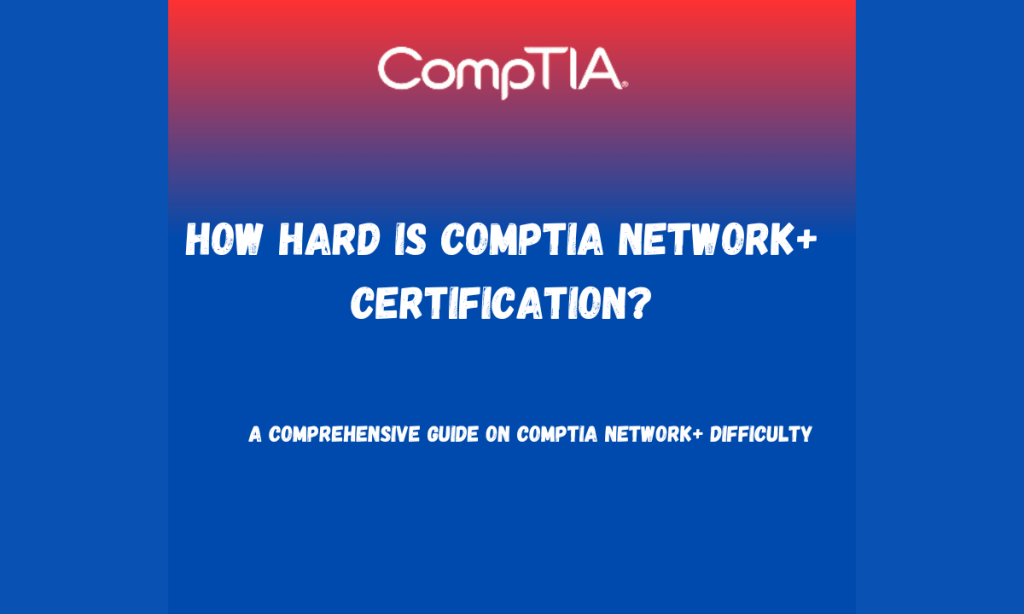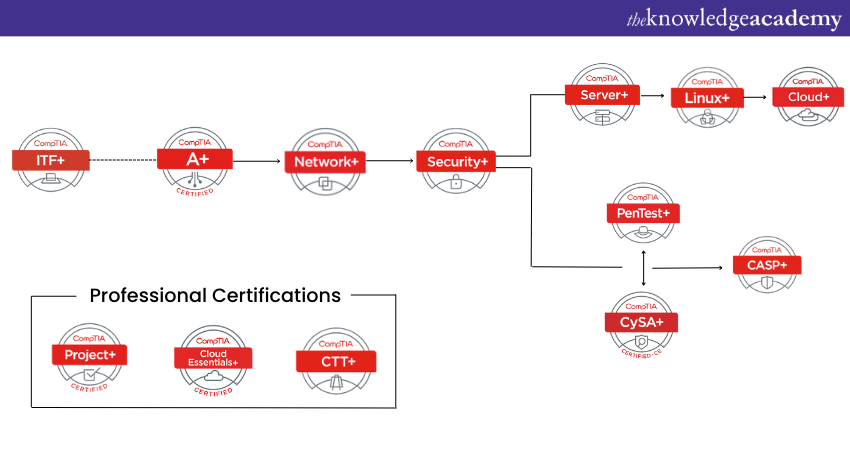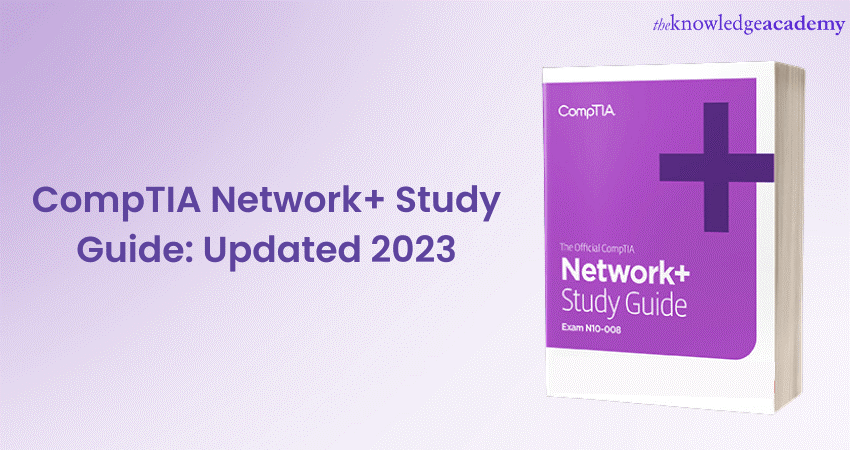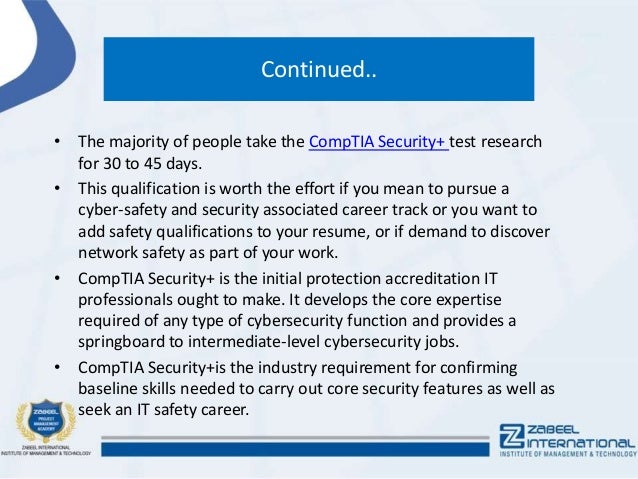How Long Does It Take To Study For Comptia Network+

The CompTIA Network+ certification, a globally recognized credential validating foundational networking skills, is increasingly crucial for IT professionals. Aspiring network administrators, help desk technicians, and IT support specialists often view it as a pivotal stepping stone in their careers. But the question looms large for many: how much time is truly needed to adequately prepare for the Network+ exam?
The answer, while not a straightforward number, depends on a confluence of factors including prior IT experience, learning style, study habits, and the chosen study resources. Understanding these variables and considering the time commitment required are vital for candidates aiming to successfully achieve the Network+ certification.
Factors Influencing Study Time
Existing IT knowledge is a major determinant of study time. Individuals with previous experience in networking, even at a basic level, will likely require less preparation than those completely new to the field. Those familiar with concepts like IP addressing, subnetting, and basic network topologies have a significant advantage.
Learning styles vary considerably. Some thrive with structured classroom environments, while others prefer self-paced online courses or independent study using textbooks and practice exams. The chosen learning method directly impacts the time required to absorb and retain the necessary information. CompTIA recommends a blend of theoretical learning and hands-on experience.
Effective study habits are equally critical. Consistent, focused study sessions are far more productive than sporadic, lengthy cramming sessions. A dedicated study schedule, incorporating regular breaks and practice questions, optimizes learning and retention.
Estimating Study Hours: Expert Opinions and Data
CompTIA does not provide a specific recommended study time for the Network+ exam. However, various training providers and experienced professionals offer estimates based on their observations and student feedback. These estimates typically range from 80 to 120 hours of study time.
Mike Meyers, a well-known CompTIA certification expert and author, suggests a similar timeframe. He emphasizes the importance of hands-on practice and recommends supplementing theoretical learning with practical exercises. This includes setting up a home lab or utilizing network simulation software.
Online forums and study groups dedicated to the Network+ certification offer anecdotal evidence. Many successful candidates report studying for approximately 2-3 months, dedicating several hours each week to exam preparation. This aligns with the estimated 80-120 hour range.
Breaking Down the Study Plan
A structured study plan should cover all exam objectives outlined by CompTIA. The official CompTIA website provides a detailed exam objectives document, which serves as a roadmap for exam preparation. Candidates should allocate sufficient time to each domain.
The six domains are: Networking Concepts, Infrastructure, Network Operations, Network Security, Network Troubleshooting and Tools. Identifying areas of weakness early on is crucial. Allocate more time to mastering those topics.
Practice exams are an indispensable tool for assessing readiness. Several reputable vendors offer practice exams that simulate the actual exam environment. These exams help identify knowledge gaps and build confidence.
Resources and Strategies for Efficient Learning
A wealth of resources is available to assist candidates preparing for the Network+ exam. These include official CompTIA training materials, third-party textbooks, online courses, video tutorials, and practice exams. Selecting the right resources is crucial for efficient learning.
Active learning techniques, such as creating flashcards, summarizing key concepts, and participating in study groups, can significantly enhance retention. Explaining concepts to others is a particularly effective way to solidify understanding.
Hands-on experience is invaluable. Building a simple home network, configuring network devices, and troubleshooting network issues provides practical skills that cannot be gained from textbooks alone. CompTIA recommends utilizing virtualization software to create a virtual lab environment.
Looking Ahead: Adapting to Evolving Technologies
The field of networking is constantly evolving, with new technologies and concepts emerging regularly. The CompTIA Network+ exam is updated periodically to reflect these changes. Candidates must stay abreast of the latest trends and technologies to succeed in the IT industry.
Continuous learning is essential for IT professionals. After achieving the Network+ certification, consider pursuing advanced certifications, such as the Cisco CCNA or Juniper Networks certifications. This will help you stay competitive in the job market.
Ultimately, the time required to study for the CompTIA Network+ exam is an individual matter. By carefully assessing your prior knowledge, learning style, and study habits, you can develop a personalized study plan that maximizes your chances of success. Remember that consistent effort, effective study strategies, and hands-on experience are the keys to unlocking the door to a rewarding career in networking.











.png)






